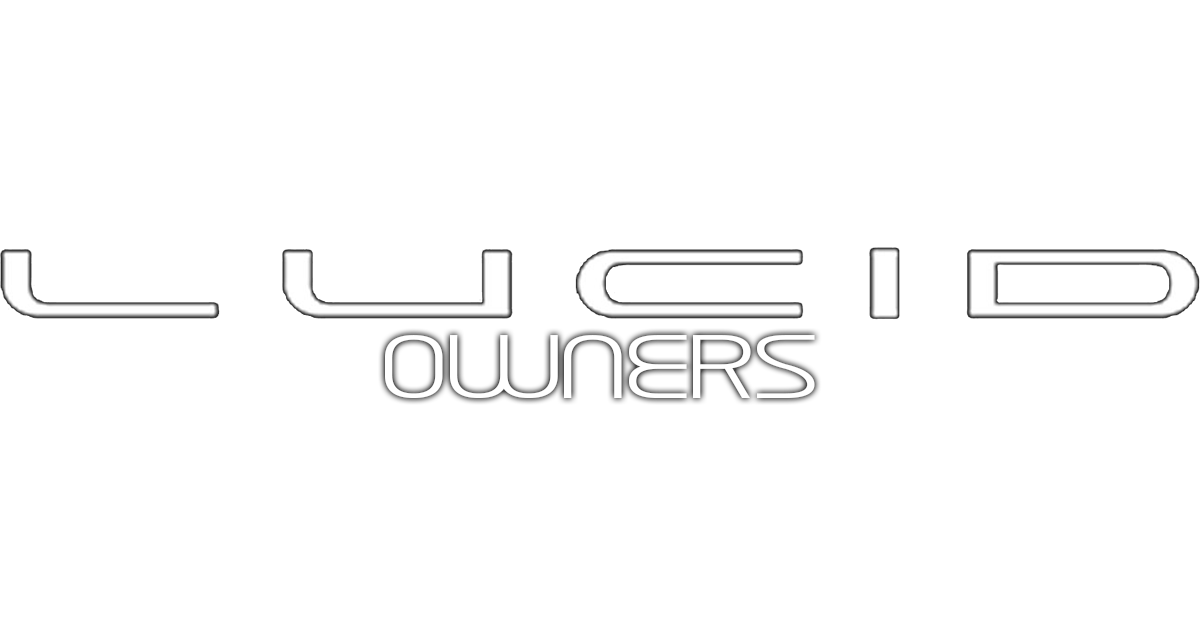Early on, in the person of Peter Rawlinson, Lucid defined its success as using an initial premium product to generate high margins that could then be used to bring less-expensive, high efficiency products to a larger market for the good of people and planet. At the same time, he set aim at large German luxury sedans by defining them as the brand's chief competition in what seemed to be an effort to discourage comparisons with Tesla.
There were conflicts inherent in this dual vision. Using a premium product to generate margins for the real game -- moving into the mass market -- was exactly the path Tesla had earlier taken and was one that would ring familiar bells with EV fans, thus reinforcing comparisons to Tesla. Yet, the also-stated aim to brand Lucid a competitor to luxury German brands created confusion. What was the brand identity to be in the minds of buyers? Were they to think of Lucid as the EV alternative to their S Class and 7 Series cars, or were they biding their time for Lucid to be the alternative to their Model 3s and Ys?
This question has real implications. If becoming a lasting competitor to premium German brands is the long game, the Air will remain the platform that receives the newest technology first, that drives the visual identity of the rest of the product line, and that nurses the caché of what it means to own a Mercedes or BMW.
If moving down into the mass market as Tesla has done is the long game for Lucid, people will take note of what the Model S and the Model X have become: engineering afterthoughts that are periodically throwing new components and minor updates into aging platforms. Will they conclude this is the fate of the Air? There are already the first signs of this, with the Gravity being the platform that introduces UX 3.0, that is first to use the next-generation motors, that brings heat pumps to the cars, that brings air suspensions (not necessarily an improvement), that finally might introduce the long-forgotten "executive" rear seating that was prominent in early Air promotions.
In fact, I wonder if Lucid's own publicizing of the great new features and advances of the Gravity is not one of the brakes on Air sales. Could the whole "we've taken everything we learned from the Air to build an even better SUV" be backfiring?
I love the brand. But even I'm not sure what it is aiming to be . . . or will be.
